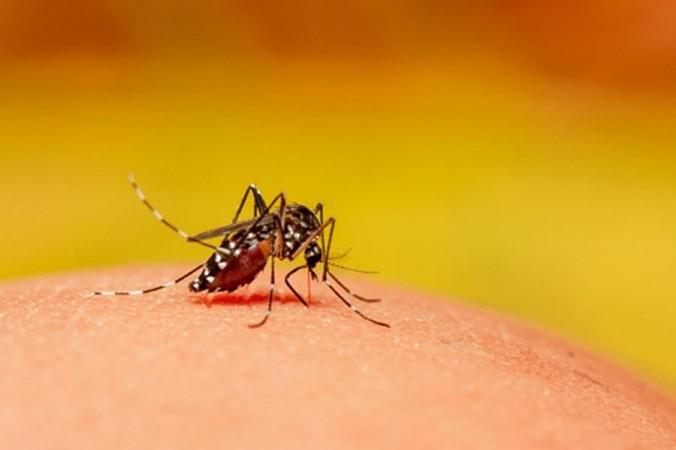
After a hiatus of 13 years, the national capital, New Delhi, is grappling with the resurgence of Japanese Encephalitis (JE). The Municipal Health Department confirmed the first case of this viral brain infection, known for its potential to cause severe illness and even death. The patient, a 72-year-old man from Bindapur in West Delhi, was admitted to the All India Institute of Medical Sciences (AIIMS) on November 3, following complaints of chest pain.
The diagnosis of JE was confirmed recently, marking the return of the disease that last affected Delhi in 2011, infecting 14 people. JE is a zoonotic viral disease, meaning it can be transmitted from animals to humans. The JE virus is the causative agent of this disease, which has a high Case Fatality Rate (CFR).

Survivors of JE may suffer from various degrees of neurological sequelae, a term used to describe the after-effects of a disease or injury. Dr. Harshal R Salve, Additional professor, Centre for Community medicine at AIIMS, New Delhi, explained the transmission process of JE.
He stated, "The vector born JE is transmitted by the bite of culex mosquito, which breeds on dirty water, artificial collection of water". This highlights the importance of maintaining cleanliness and avoiding stagnant water, which serves as a breeding ground for these mosquitoes. The clinical symptoms of JE include fever, myalgia (muscle pain), body ache, and headache.
In severe cases, the disease can cause confusion, loss of consciousness, seizures, and necessitate hospitalisation. Children are particularly at risk due to their lack of immunity. Dr.
Tushar Tayal, Consultant, Internal Medicine, CK Birla Hospital, Gurugram, confirmed this, stating, "The high risk among kids is due to lack of immunity". Certain occupational groups such as farmers, labourers, or individuals working in areas near rice paddies or pig farms are also at an increased risk. This is due to their proximity to the natural habitats of the culex mosquitoes.
In 2024, a total of 1,548 JE cases were reported from 24 states and Union Territories, according to data from the Integrated Disease Surveillance Programme. Assam alone accounted for 925 cases, indicating the widespread prevalence of the disease. In response to the current situation, the Municipal Corporation of Delhi (MCD) has initiated containment measures.
It has directed all the District Health Officers (DHOs) and epidemiologists to intensify vector control measures. These include larval source reduction and community-based initiatives such as awareness campaigns for the prevention and control of JE. Medical experts have called for JE vaccination in two doses for children and for preventing mosquito bites using bed nets, mosquito repellent, etc.
They also urged people to keep their surroundings clean to stop the breeding of mosquitoes and to consult a doctor in case of unexplained fever with headache. The central government guidelines have included two doses of the JE vaccine as part of the Universal Immunisation Programme since 2013. This is a significant step towards the prevention and control of this disease.
FIR filed against man in K'taka for posting objectionable content on Hindu deities Hindu Americans condemn attacks on minorities in Bangladesh SC issues notice on CBI's plea to transfer Yasin Malik's trial to Delhi.










